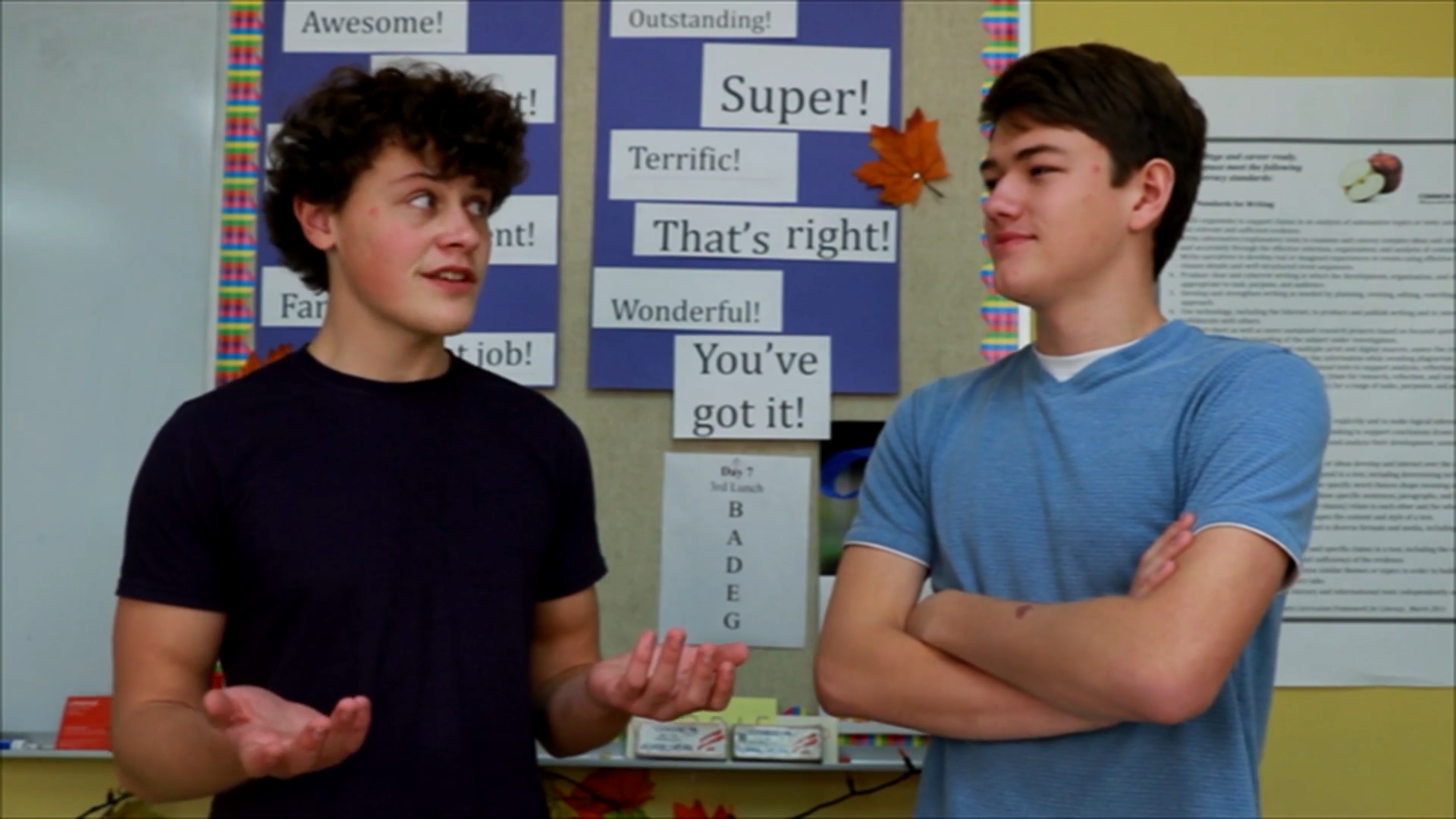Introduction
In special education, focusing on essential life skills is paramount to helping students succeed both academically and socially. One such skill is the ability to compromise, which plays a vital role in nurturing healthy relationships and effective communication. This blog post delves into the significance of compromise skills and provides actionable IEP goals that educators can use to support their students’ development.
Understanding Compromise Skills
Compromise skills involve finding a middle ground between differing opinions or desires, ensuring that each party feels heard and valued. In the context of middle school students, developing these skills can positively impact their learning, social interactions, and overall wellbeing. By fostering a sense of empathy, cooperation, and respect, students become better equipped to navigate complex social situations and maintain strong relationships with their peers.
The Role of Specialists
Various specialists can support the development of compromise skills in students:
- Speech-Language Pathologists: Assist in enhancing communication and negotiation skills, enabling students to express their thoughts and understand others effectively.
- Social Workers: Help students navigate challenging social situations, offering guidance on conflict resolution and relationship-building strategies.
- Psychologists: Support students’ emotional growth, fostering self-awareness and emotional regulation to handle disagreements constructively.
- School Counselors: Provide guidance on social skills development, promoting positive peer interactions and reinforcing the importance of compromise.
IEP Goals for Compromise Skills
Below are some SMART IEP goals for developing compromise skills in middle school students, along with suggested strategies and activities:
Goal 1: Improve communication during conflicts
By the end of the school year, the student will demonstrate improved communication during conflicts by using “I” statements and actively listening in 80% of observed conflicts.
- Practice “I” statements and role-play scenarios with classmates.
- Teach active listening techniques and provide opportunities to practice during class discussions.
Goal 2: Demonstrate empathy and understanding
Within 6 months, the student will demonstrate empathy and understanding during disagreements by acknowledging the other person’s feelings and desires in 75% of observed instances.
- Discuss the importance of empathy and practice identifying emotions in others.
- Engage in group activities that require collaboration and understanding of different perspectives.
Implementing and Measuring Progress
To effectively implement these IEP goals and measure progress, consider the following tips:
- Collaborate with specialists to provide targeted support for each student’s needs.
- Monitor students’ progress through regular observation and documentation of their interactions with peers.
- Provide consistent feedback and reinforcement to encourage the development of compromise skills.
Conclusion
Developing compromise skills in middle school students is crucial for fostering healthy relationships and effective communication. By implementing these IEP goals and collaborating with specialists, educators can support their students in achieving success both in and out of the classroom. We encourage you to apply these IEP goals in your practice and invite you to explore more resources at Everyday Speech Sample Materials.






